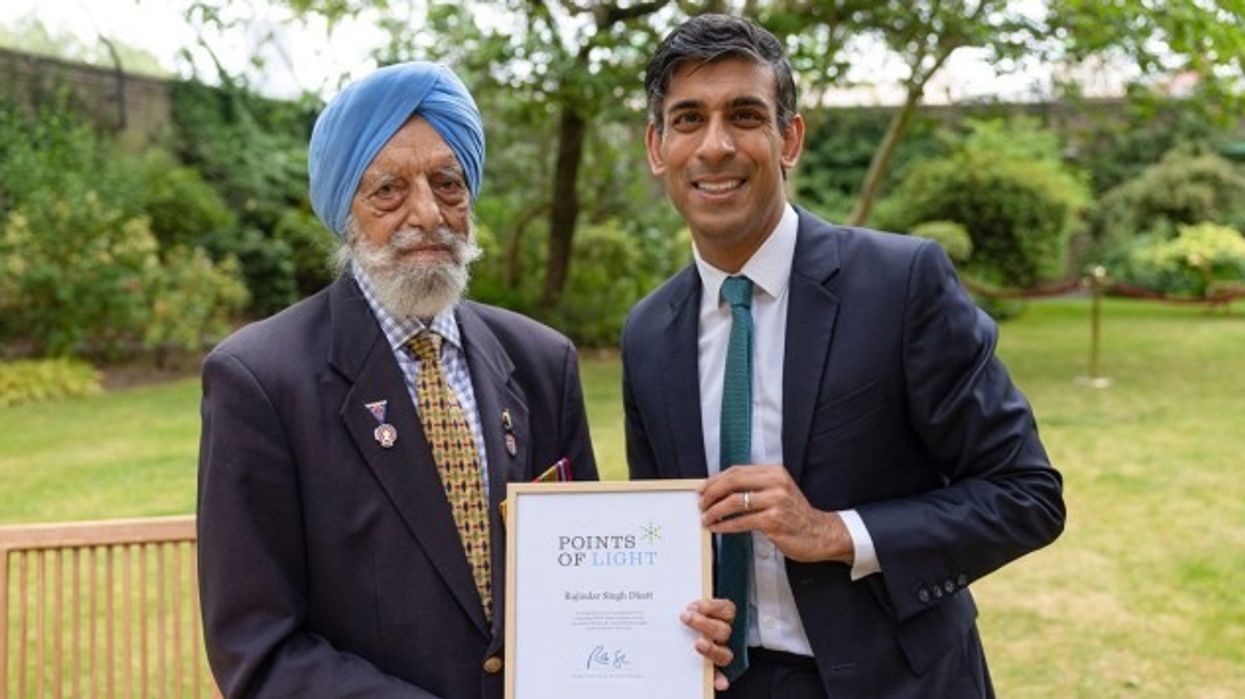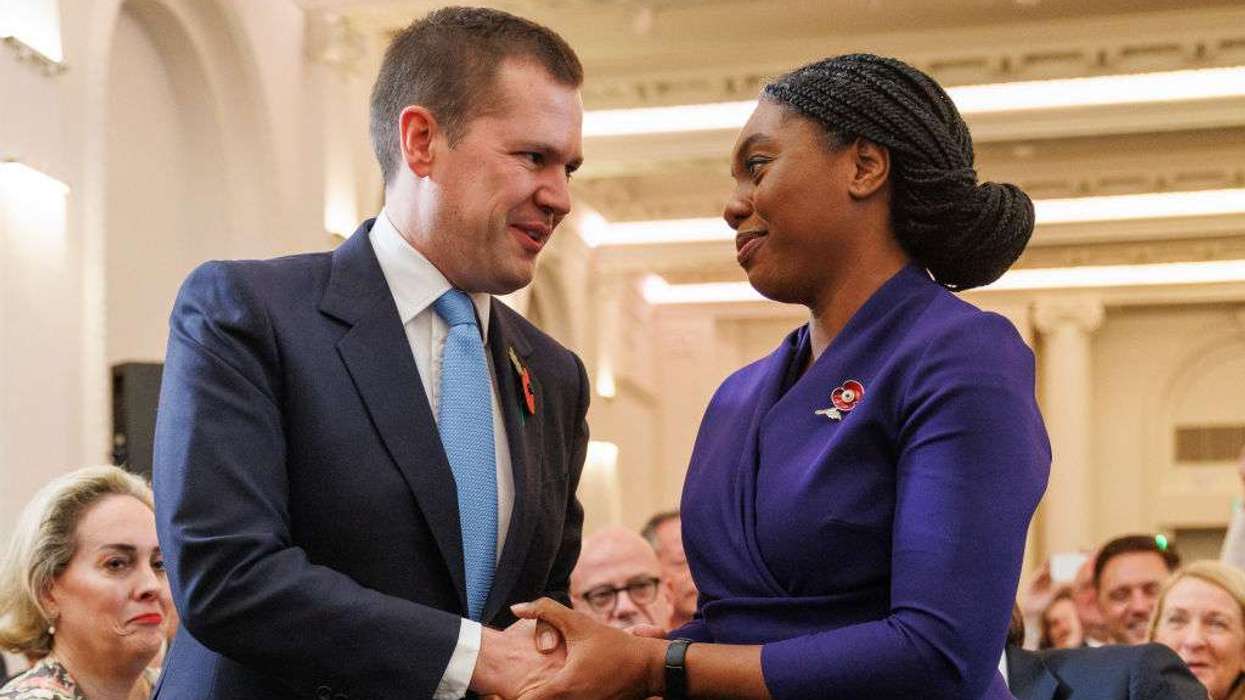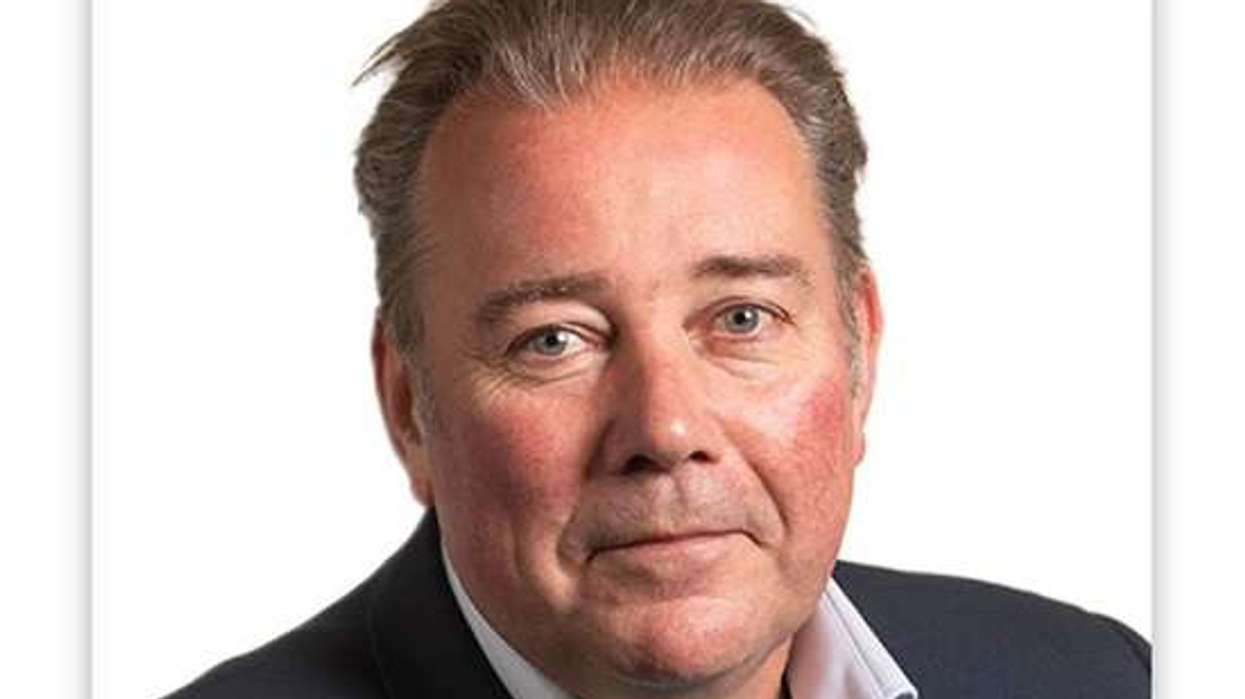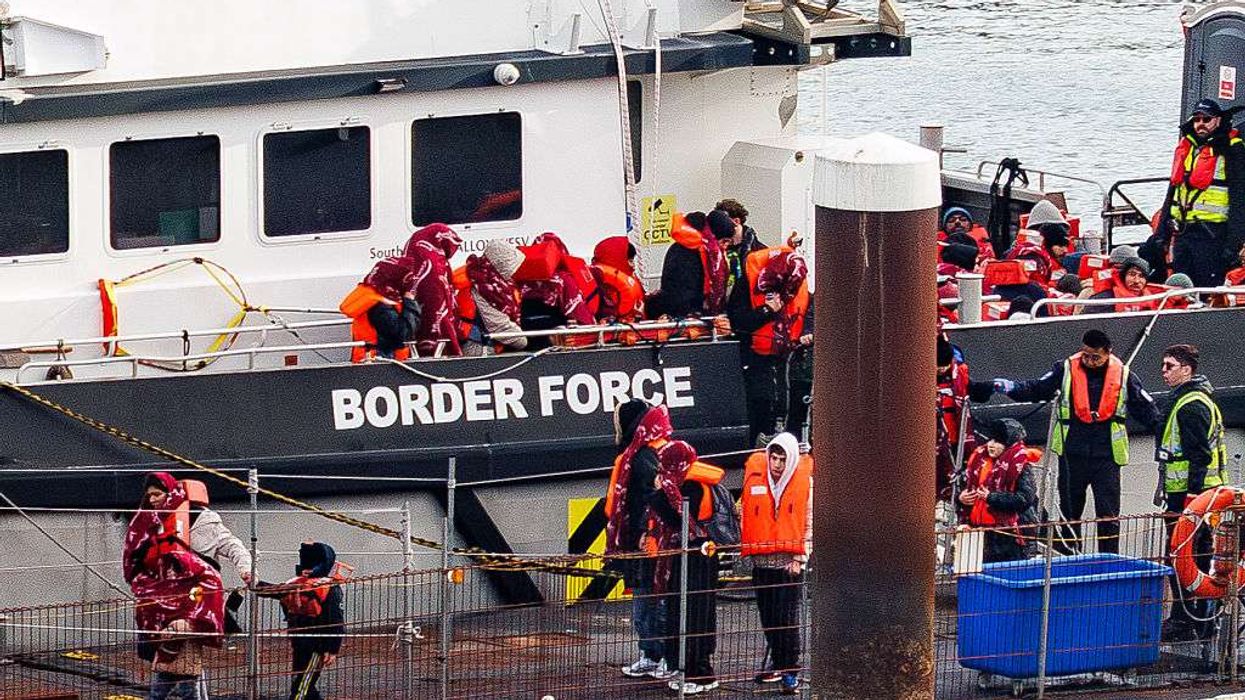HAVILDAR-MAJOR Rajinder Singh Dhatt, a veteran of the Second World War, died on Wednesday (21) in the United Kingdom. He was 103.
Dhatt was honoured as a Member of the Order of the British Empire (MBE) by King Charles in December 2024 for his services to the South Asian community in the UK.
Dr Manish Tayal MBE, UK-licensed GP and senior medical leader, posted on LinkedIn: "On Wed 21 May 2025, Havildar-Major Rajinder Singh Dhatt MBE passed away, at the age of 103."
Dhatt was among the few surviving Second World War veterans who participated in the Allied victory that is now marked as VE Day. Based in Hounslow, southwest London, since 1963, he was born in Ambala Jattan, Punjab, in undivided India in 1921 and fought with the Allied forces for Britain.
He joined the Indian Army in February 1941 as a sepoy. He was deployed to the Far East campaign, where he fought in Kohima, northeast India, supporting the Allied forces in their efforts to break through Japanese defences.
He left the newly-independent Indian Army in late 1949 with the rank of havildar-major. During his service, Dhatt worked as a physical training instructor from 1942 to 1943 and as an army store keeper from 1943 to 1949. After the war, he returned to India before moving to Hounslow with his family in 1963.
Dr Tayal added in his LinkedIn post: "I was learning from him about the Undivided Indian Ex-Servicemen's Association, which he'd founded with other Second World War veterans. When I asked him why he'd bucked the modern trend of single faith based Remembrance, he said to me simply, 'Of course I am a proud Sikh. But we didn't serve as Hindus, Muslims, or Sikhs - we served as Indians. We all served together, so we all remember together.' He himself served across the Far Eastern theatre of war (a term that always tickled him: 'Is it like a movie theatre?'), in Kohima, Imphal, and Burma, as a Physical Training Instructor (PTI)."
His granddaughter Amrit, 31, who calls him Babaji, told Eastern Eye in an earlier interview: “He has been bed-bound for the past two months, but before that, he was very fit and active. He was diagnosed with cancer two years ago. He has always shown great resilience – both mentally and physically – and taught us to treat others with humility and respect.
“These values run very deep in our family and remind us youngsters to appreciate the peace that comes from these values. Just recently, babaji expressed his hope that there would never be another world war, having seen firsthand what division and violence can do, not just to nations, but to humankind and the human spirit.”
Amrit had said her grandfather did not complain about how Asian and Commonwealth contributions to the war are remembered, but she said he wished more could have been done earlier.
Dhatt’s wife, Gurbachan Kaur Dhatt, died in 1990. His elder son, Parminder Singh Dhatt (Amrit’s father) is based in the UK, while his other son, Jasvinder Singh Dhatt, lives in New Jersey, US. The Dhatt family has seven grandchildren and three great grandchildren.
Tej Pal Singh Ralmill, a British citizen associated with the Sikh Pioneers and Sikh Light Infantry Association in the UK, also posted on X (formerly Twitter) saying that Dhatt's services will never be forgotten. “A life of service and duty ends after 103 years. The last of the war-time generation whose immeasurable contribution to humanity will never be forgotten.”
Havildar-Major Rajinder Singh Dhatt M.B.E. (1921-2025).
A life of service and duty ends after 103 years. The last of the war-time generation whose immeasurable contribution to humanity will never be forgotten.
A physical training instructor in the Royal Indian Army Service… pic.twitter.com/OsA3PjwMGp
— Tej Pal Singh Ralmill (@TejpalRalmill) May 23, 2025
“He will be remembered for raising awareness of the contribution and sacrifice of the 2.5 million-strong undivided Indian Army during the Second World War,” wrote Ralmill.





